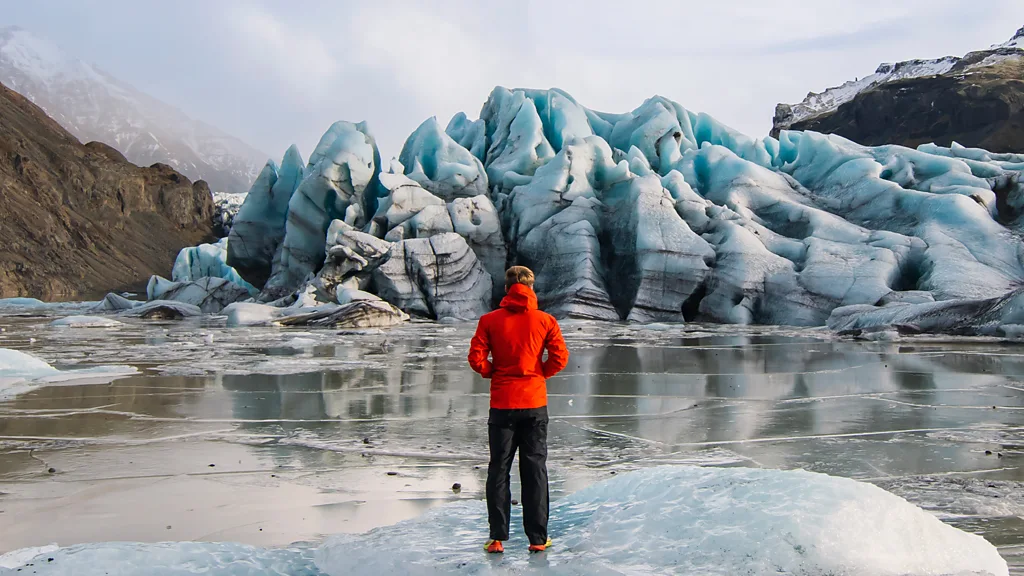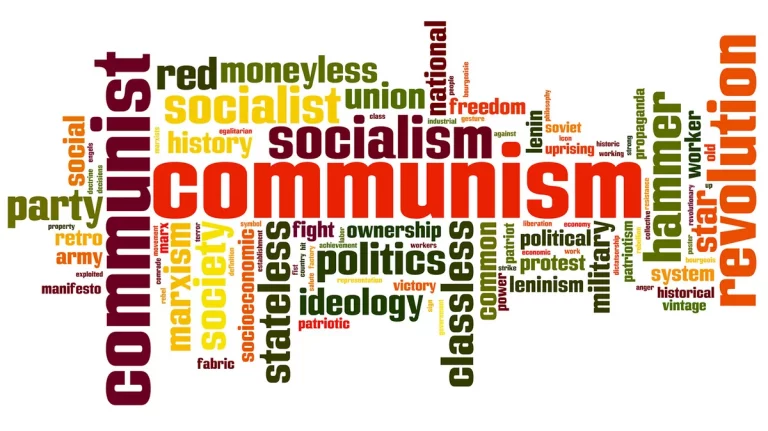
Getty Images
Iceland tops global peace rankings as travel season heats up
In travel news this week — alongside looks at Amtrak’s new high-speed train and Southwest Airlines’ controversial seating policy — the Global Peace Index declared Iceland the most peaceful country in the world for 2025. The Nordic nation, famed for its volcanoes, hot springs and uniquely sublime landscapes, again leads the list and also ranks No. 3 on the World Happiness Report.
The Global Peace Index (GPI), produced by the Institute for Economics & Peace (IEP), ranks 163 states and territories using measures such as societal safety and security, the extent of ongoing domestic and international conflict, and the degree of militarization. The GPI says the key to building peacefulness is what it calls “Positive Peace”: the attitudes, institutions and structures that create and sustain peaceful societies.
Who joins Iceland at the top — and why Positive Peace matters
Iceland didn’t stand alone. The top five most peaceful countries for 2025 are: Ireland, New Zealand, Austria and Switzerland. According to the report, Positive Peace correlates with higher GDP growth, lower interest rates, better societal wellbeing and stronger resilience to shocks — factors that help explain why these countries rank so highly.
- Positive Peace is framed as a long-term foundation for stability.
- The GPI links peacefulness to economic and social benefits, not just the absence of conflict.
A worrying global trend: conflict and declining peacefulness
The report isn’t all good news. Since the GPI launched in 2008, the average country score has deteriorated by 5.4%, and the gap between the most and least peaceful countries has widened by 11.7%. The authors warn the world is facing a “violent conflict crisis,” noting there were 59 state-based conflicts in 2023 — the highest number since the end of World War II.
- Russia ranks as the world’s least peaceful country for the first time, with Ukraine second-least peaceful.
- The United States ranks low, at No. 128, positioned below Honduras, Bangladesh and Uganda — largely because its high level of militarization drags its score down.
- France is named the most militarized country in Western and Central Europe.
Regional standouts and shifts in peacefulness
South America was the only region to record an improvement in peacefulness this year. Peru and Argentina showed the biggest gains. In North and Central America, Canada and Costa Rica stood out as the most peace-loving nations. In Sub-Saharan Africa, Mauritius, Botswana and Namibia topped the regional list — nations known for tourism, wildlife and honeymoon-friendly beaches.
Travel notes and destination inspiration
If the rankings have you itching to travel, there are a few timely ideas highlighted alongside the report:
- Scotland’s North Coast 500, once a neglected loop, became popular after a push to promote the 516-mile route. Writer Angus MacKinnon revisited the drive and found surprising lessons about overtourism. And the local effort to preserve the route’s natural charm.
- Amtrak’s NextGen Acela has finally launched on the Northeast Corridor between Washington, New York and Boston. Promising speeds up to 160 miles per hour in its concept.
- With Labor Day weekend in the U.S. approaching, travelers should be aware that holiday crowds could strain an aviation system still recovering from recent IT outages. On the bright side, there’s time to check out America’s best underrated islands.
What the 2025 peace ranking means
The GPI’s findings underline a simple truth: the most peaceful country status is about more than scenic views and low crime. It reflects deep institutional strength and social attitudes that cushion societies against shocks. For travelers, that peace often translates to safer, more welcoming destinations. And for policymakers, it’s a reminder that building Positive Peace pays dividends.
For more on the most peaceful country rankings and travel updates, follow TNN. Stay tuned to US news today and Canada news today.



